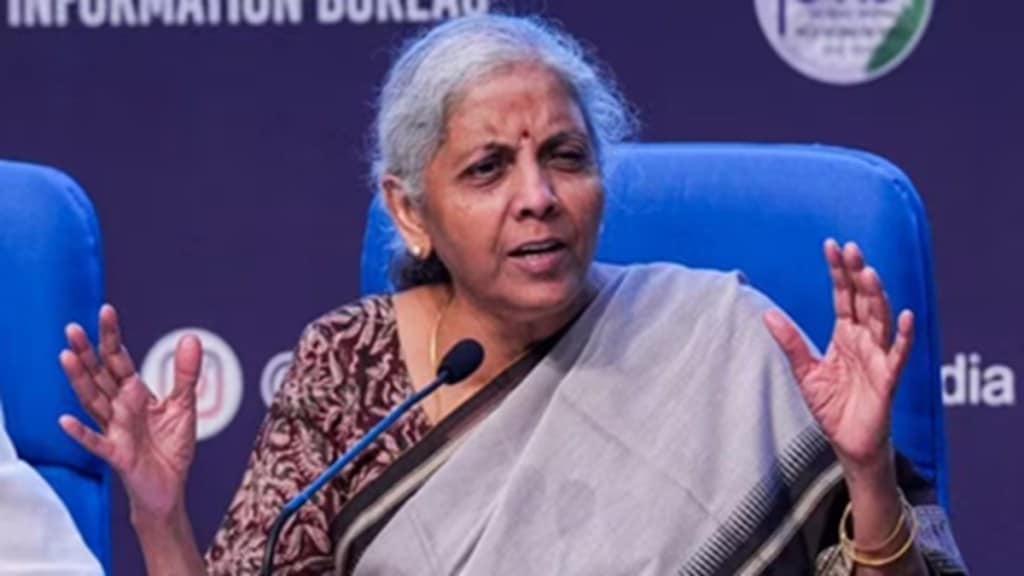Finance minister Nirmala Sitharaman on Wednesday said delays in the issuance of ‘order giving effect or OGE’ to taxpayers by the income tax department for execution of grievance disposal orders are ‘unpardonable’ and may risk losing taxpayers’ trust.
Finance Minister
Addressing the Income Tax Day here, she commended the work done by the department to draft the simplified, concise and easy-to-understand ‘Income Tax Bill 2025’, which will replace the complex Income Tax Act 1961. The minister appreciated the suggestions made by the Lok Sabha Select Committee and said those will be considered. She said the Bill will likely be approved by the Parliament in the current year.
She highlighted five key operational priorities from a 2025 meeting that the department has to execute: accelerating tax demand disposal, withdrawing appeals below a threshold, timely tax refunds, analysing grievances and region-wise performance reviews.
“The delay in OGE issuance is just not explainable. The decisions are all done. You just have to issue the OGE….unpardonable,” she told tax officers.
“Set yourself some kind of a protocol. Just don’t delay the issuing of OGEs” for rectification, completion and processing of condemnation cases under Section 119, she said.
In its action plan, the income tax department had issued instructions earlier to pass OGE preferably within one month.
CAG Report
In a report in November 2024, the Comptroller and Auditor General of India (CAG) had said, “The audit observed delays of up to seven years in giving effect to appeal orders passed by different appellate authorities, with one case still awaiting orders for over 11 years. Delays in passing consequential orders resulted in excess outstanding demand on records.”
Earlier in 2025, the department updated the e-filing ITR portal to allow the online filing of OGE for faster processing. OGE refers to the execution of any specific judgment or order. So, a delay means the benefit of the order will not be available to taxpayers even after having a favourable ruling.
“So, the CBDT must focus on strengthening the department’s overall technological capabilities to ensure more effective management of systems and IT related issues. This is absolutely important for ensuring seamless taxpayer experience, improving self-service delivery and minimizing technical disruptions,” the minister said.
“Even well-intentioned reforms risk eroding taxpayers trust and undermining the credibility of the broader reform agenda, if we don’t apply our minds to what we have committed to ourselves,”

